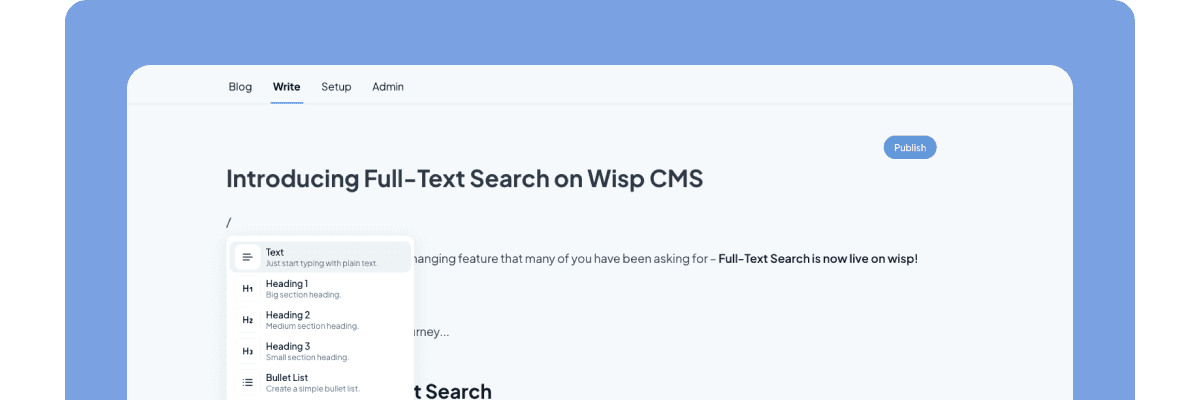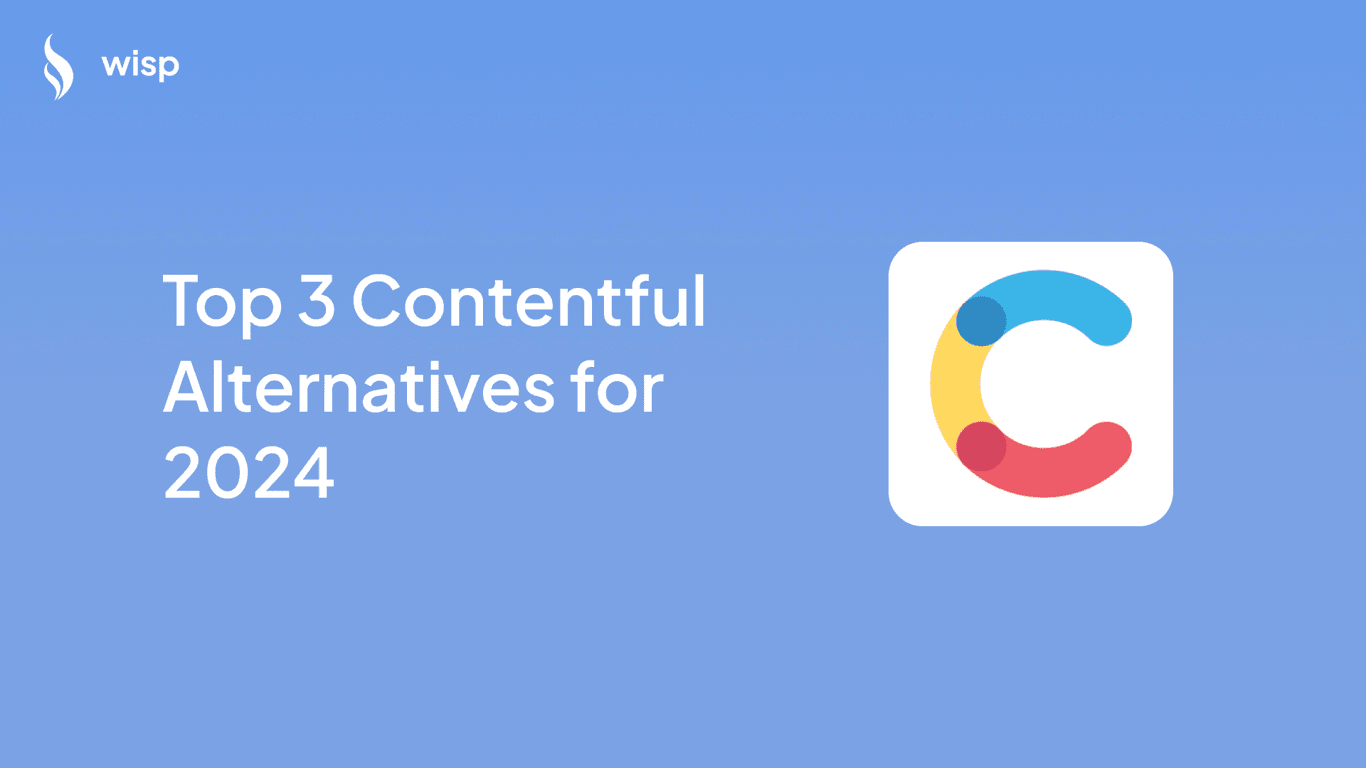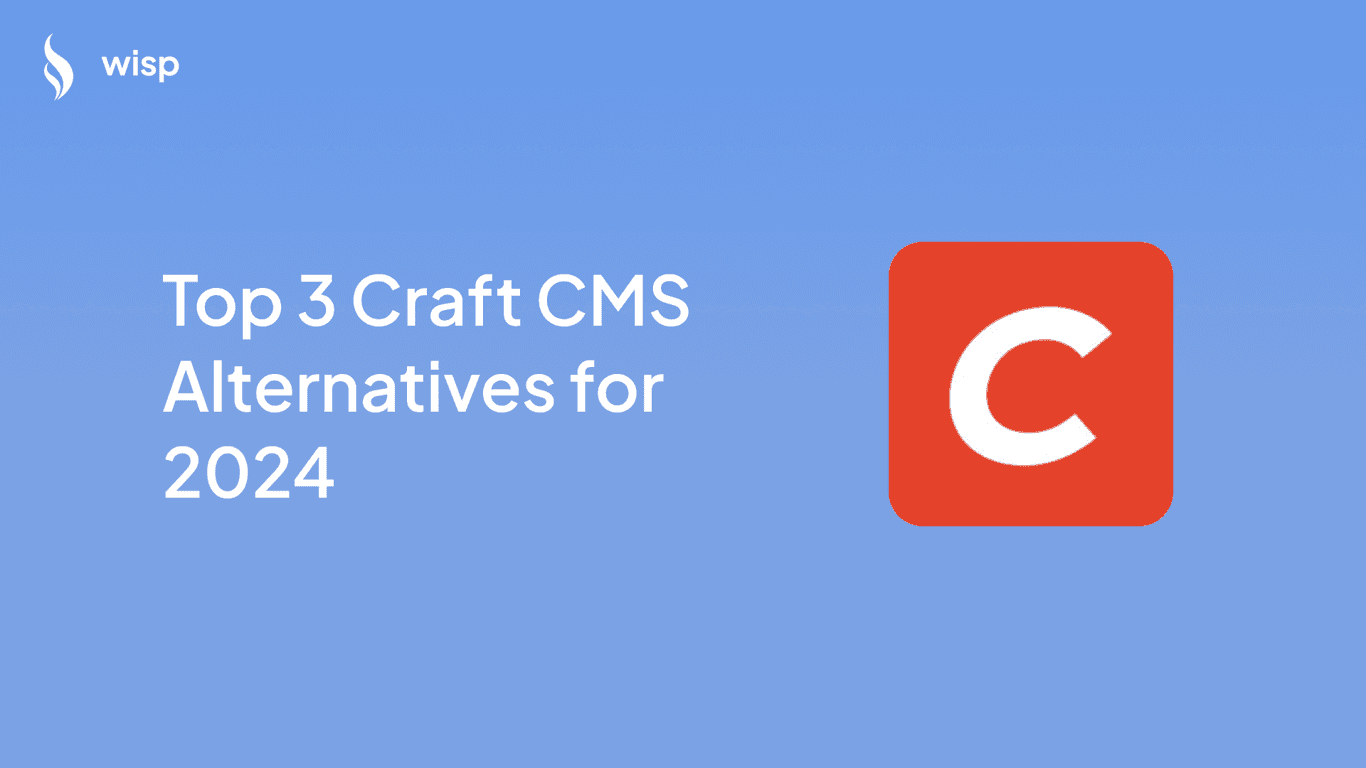
Content management systems (CMS) play a crucial role in managing digital content for websites and applications. Directus CMS is a popular headless CMS known for its rich features and flexibility. However, like any other platform, it has its share of pain points and limitations that can hinder productivity and user experience. In this article, we will explore the common pain points associated with Directus CMS and suggest three top alternatives that can address these issues effectively.
Pain Points of Directus CMS
Installation and Setup Issues
Users have reported several issues with the installation and setup of Directus CMS. Problems such as incorrect environment variables, dependency conflicts, and database connectivity checks are common. For instance, during the installation process, users may encounter errors like npx directus start not working, which can stem from a variety of reasons, including incorrect environment setup, outdated versions, or database connection issues (source).
Performance and Scalability Concerns
Performance and scalability are critical for any CMS, and Directus has received mixed reviews in this regard. Some users have expressed concerns about the performance, especially when handling large datasets or numerous concurrent users. This can lead to slower load times and a less responsive user experience, as highlighted in various discussions on GitHub issues (source).
User Interface and User Experience Complaints
The user interface and overall user experience are other areas where Directus CMS has room for improvement. Users have reported issues with the default WYSIWYG toolbar, schema settings, and form functionalities. For example, after upgrading from version 9.26.0 to 10.13.1, some users found that the WYSIWYG toolbar was hidden by default, affecting their content editing experience (source).
Top Directus CMS Alternatives
To address the pain points associated with Directus CMS, we have identified three top alternatives that offer robust features, better performance, and a more user-friendly experience.
1. Wisp CMS
Wisp CMS is a delightfully simple blogging CMS designed to provide a first-class editorial experience. It aims to eliminate the distractions caused by complex WYSIWYG editors and markdown documents, allowing users to focus on their storytelling.
Here’s why Wisp CMS is an excellent alternative to Directus CMS:
Pros:Simple Setup for Developers: Wisp CMS offers a seamless headless CMS architecture, allowing developers to set up quickly and efficiently. The powerful Content API and Next.js blog template make it easy to fetch and display content.
Delightful Experience for Writers: With a clean, focused writing environment, Wisp CMS ensures that writers can create content without distractions. Features like drag-and-drop image uploads, effortless publication management, and Notion-like slash commands enhance the writing experience.
Global Content Delivery: Wisp CMS provides a lightning-fast edge API, Cloudflare CDN for image serving, and SEO optimization, ensuring that content is delivered globally with minimal latency.
Limited Customization: While Wisp CMS offers a streamlined experience, it may not provide the same level of customization as more complex CMS platforms.
Niche Focus: Wisp CMS is tailored for blogging and may not be suitable for other types of content management needs.
Learn more about Wisp at Wisp.blog
2. Strapi CMS
Strapi CMS is another powerful headless CMS that has gained popularity for its flexibility and feature-rich ecosystem. Strapi offers a range of capabilities that make it a strong alternative to Directus CMS.
Pros:Open-Source and Customizable: Strapi is open-source, allowing developers to customize the platform to meet their specific needs. It supports a wide range of plugins and extensions.
Built-In Role-Based Access Control: Strapi includes advanced role-based access control (RBAC) features, ensuring that content management is secure and well-governed.
GraphQL Support: Strapi natively supports GraphQL, providing a flexible and efficient way to query content.
Complex Setup: Strapi’s extensive feature set can lead to a more complex setup process, which may be challenging for beginners.
Performance Overheads: While powerful, Strapi can introduce performance overheads, especially when using multiple plugins and customizations.
3. Contentful
Contentful is a widely-used headless CMS known for its robust API and integration capabilities. It offers a range of features that make it suitable for large-scale content management.
Pros:Highly Scalable: Contentful is designed to handle large-scale projects, making it ideal for enterprises with extensive content needs.
Strong API Ecosystem: Contentful’s powerful RESTful and GraphQL APIs allow for seamless integration with various platforms and services.
User-Friendly Interface: Contentful provides a clean and intuitive user interface, making it easy for content creators to manage and deliver content.
Cost: Contentful’s pricing can be a barrier for small businesses or individual users, as it is positioned towards enterprise use.
Customization Limits: While Contentful offers a robust feature set, there may be limitations in customization compared to open-source alternatives.
Conclusion
In conclusion, while Directus CMS offers a range of features and flexibility, it is not without its challenges. Issues related to installation, performance, and user experience can impact productivity and satisfaction.
Wisp CMS, Strapi CMS, and Contentful are three top alternatives that address these pain points effectively. Each of these platforms offers unique advantages, making them suitable for different use cases.
Explore Wisp CMS:
Learn more about Wisp at wisp.blog
Try the distraction-free editor at wisp.blog/try-editor
Fork our Next.js blog template at wisp.blog/docs/next-js-blog-starter-kit/overview



